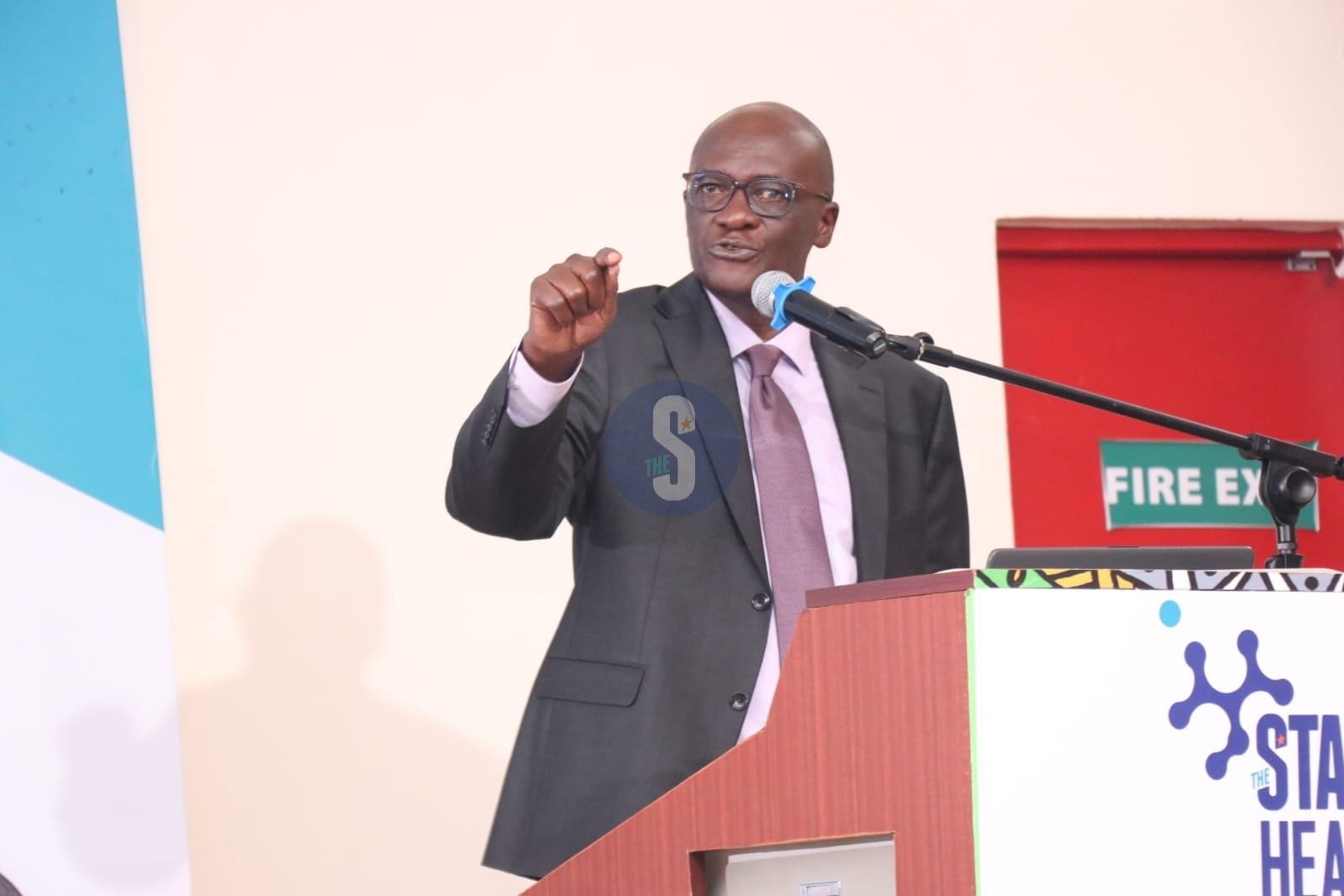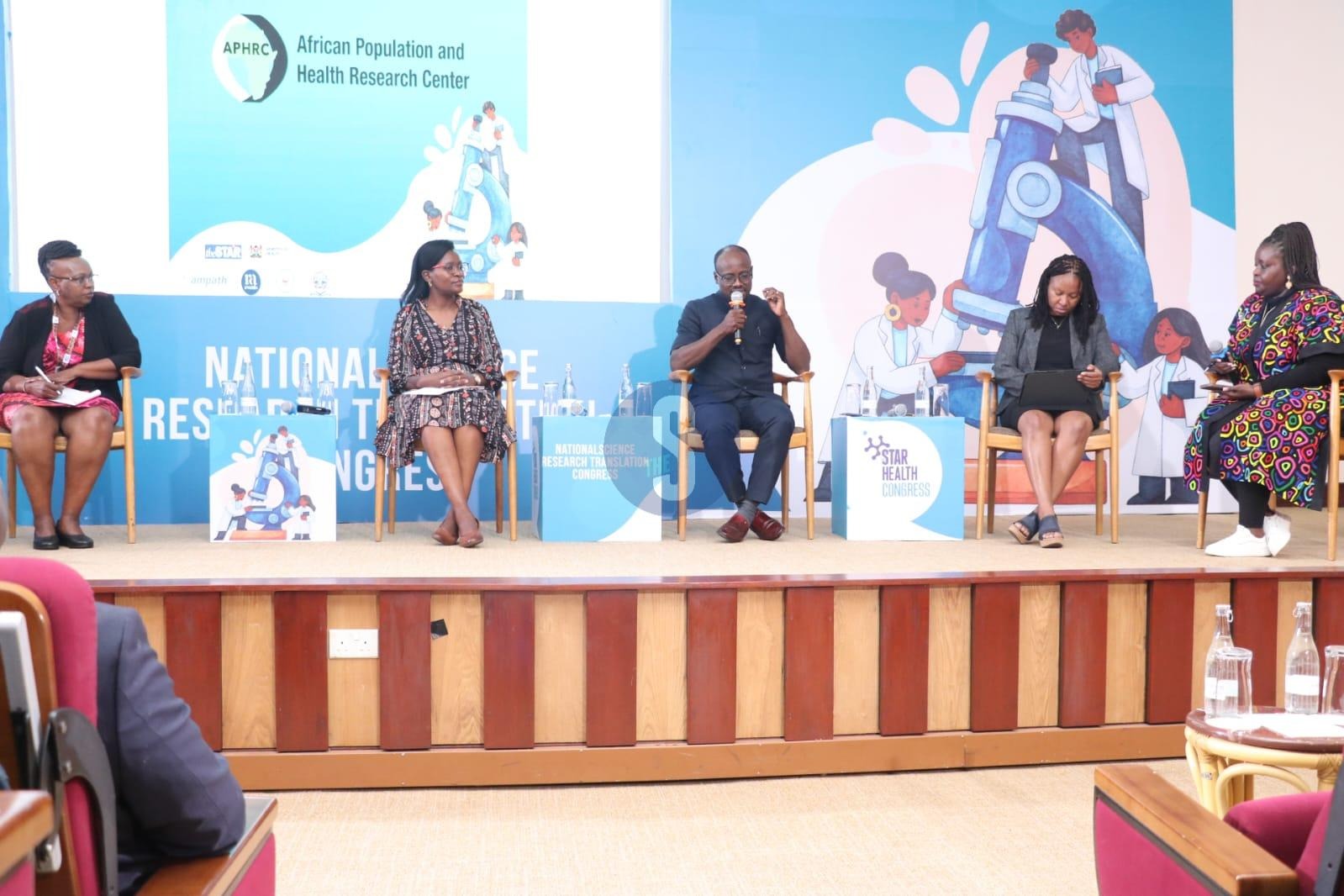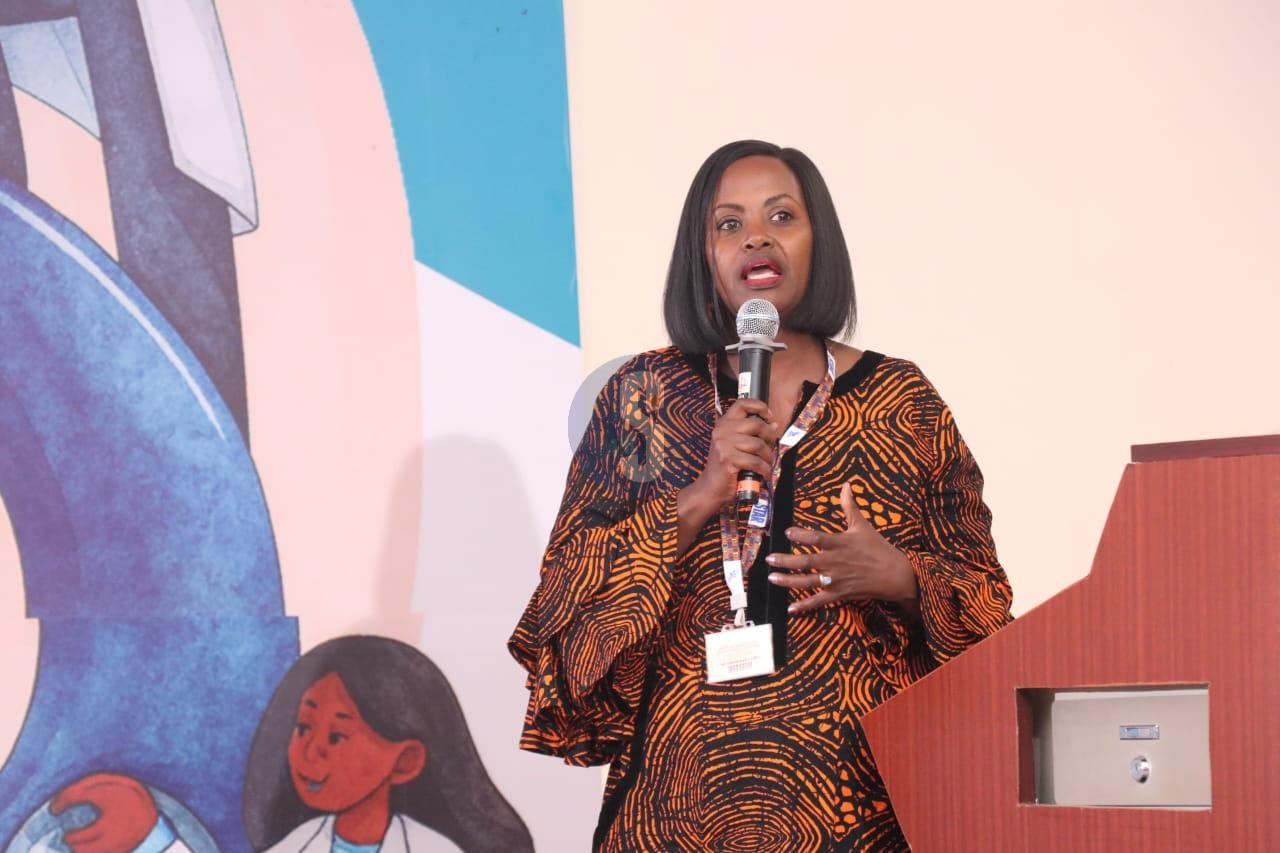

Experts have called for stronger collaboration between journalists and
scientists to curb the growing spread of misinformation and disinformation
among the public.
Executive Director of the Association for Media Women in Kenya
(AMWIK) Quinter Mbori said partnerships between
researchers and journalists are essential for translating complex research
findings into information the public can easily understand.
“The information that the media receives from researchers is evidence-based
because it is researched and can be proven. It can help journalists kill
misinformation and disinformation,” Mbori said.
She was speaking during The Star Newspaper’s inaugural National
Science Research Translation Congress held on Wednesday at the African
Population and Health Research Center (APHRC) in Nairobi.
She emphasised that journalists have a key role in simplifying scientific
jargon through accurate reporting across various platforms.
“We need to work together to know what is happening in each other’s fields. I
envision a scenario where there is a collaborative effort between journalists
and scientists,” she added.
“Scientists should be ready to collaborate with the media to explain their
content, using journalistic principles that make it easier for the public to
understand.”
Mbori also urged researchers to translate their findings into local
languages, saying this would ensure people in remote communities
understand critical health and environmental information.
She challenged scientists to involve journalists in the
translation process to help preserve meaning and accuracy.
On her part, Dr Dorothy Njoroge, a Media and
Communications Lecturer at the United States International University
(USIU-Africa), said journalism schools must integrate science and
research communication into their training.
“Students need to learn research and data analysis skills,” Dr. Njoroge
said.
“They should be taught about big data and data science so that they are able to
tell science and research stories effectively.”
She noted that traditional journalism training in Kenya still focuses
heavily on writing, broadcasting, and production, with little emphasis on
evidence-based or data-driven storytelling.
The one-day congress brought together researchers, communication experts, and media practitioners to discuss how to bridge the gap between scientific research and public communication in order to promote evidence-based decision-making and public understanding.
Organised by The Star newspaper under the Radio Africa Group, the event sought to strengthen partnerships between journalists and scientists to promote evidence-based reporting, counter misinformation, and improve the flow of credible research to the public.
APHRC’s Head of Policy Engagement and Communication, Mamadou Diallo, had earlier said that most research conducted in Africa “does not reach the people it is meant to help,” with up to 80 percent of findings underutilised because they are not translated into policy or community action.
Participants agreed that joint training sessions, open data access, and media fellowships for science journalists could help build a stronger bridge between academia and the newsroom.













